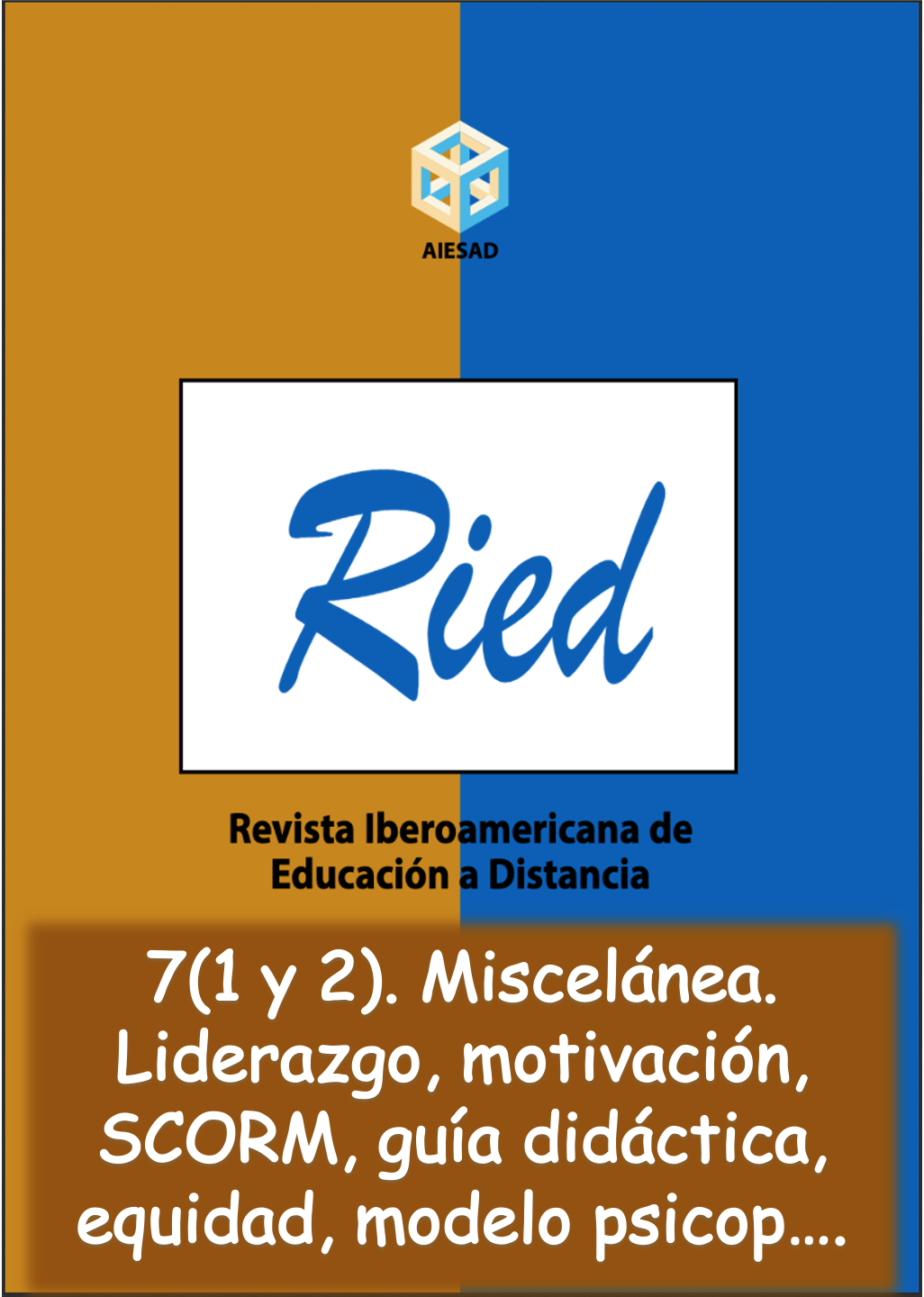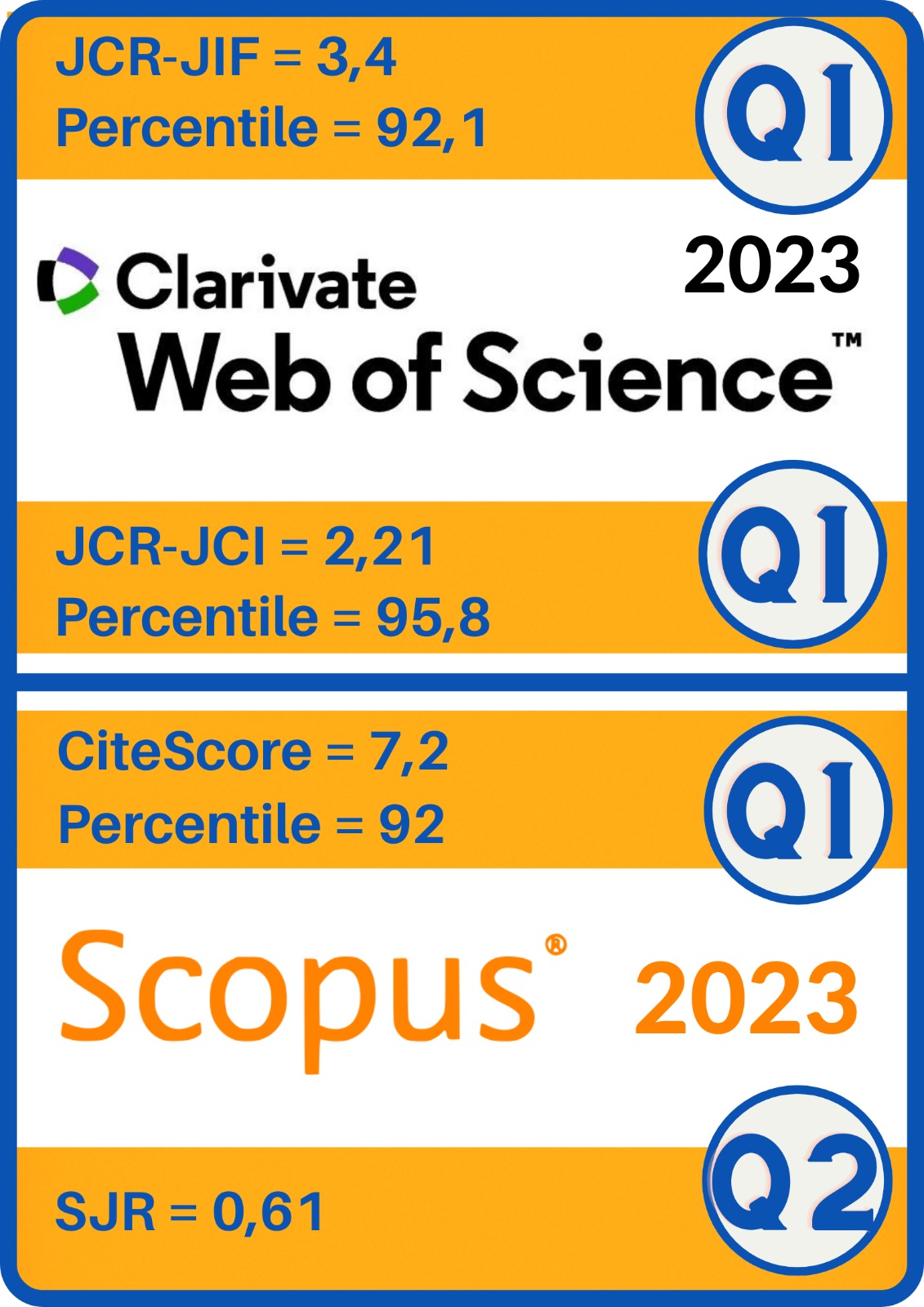THE USE OF METADATA IN SCORM SHAREABLE CONTENT OBJECTS AS A QUALITY BOOSTING TOOL IN ON LINE COURSES FOR EARLY DIAGNOSIS OF LEARNING PROBLEMS
DOI:
https://doi.org/10.5944/ried.7.1-2.1076Keywords:
early diagnosis, education research, interchangeable learning objects, learning problemsAbstract
Every quality improving process necessarily involves a measuring and diagnosis instance. Formation processes are both historically and methodologically associated with some testing. This paper focuses on the assessments of learning, which is regarded as a tool to improve the quality of learning projects. Learning assessments is usually achieved by means of self-assessing and final tests. Tests’primary function is to diagnosis individuals’learning process (and according to metacognition, self-diagnosis), and the problems arising from it; the results regarded as a whole and as a common feature among all of the participants of the study group may evidence, however, a problem in the quality of the training program. Therefore, this tool may serve both purposes: early diagnosis of individuals’learning problems and the effectiveness of the learning program. This paper discusses the feasibility to determine a number of both dependent and independent variables within the SCORM metadata of the assessment objects. Such dependent variables result from a polynomic association of independent variables. The program allows the researcher to select the number as well as the connection between those variables at will, automatically providing all the data which the researcher deems necessary, in a record table format.
Downloads
Downloads
How to Cite
Issue
Section
License
The articles that are published in this journal are subject to the following terms:
1. The authors grant the exploitation rights of the work accepted for publication to RIED, guarantee to the journal the right to be the first publication of research understaken and permit the journal to distribute the work published under the license indicated in point 2.
2. The articles are published in the electronic edition of the journal under a Creative Commons Attribution 4.0 International (CC BY 4.0) license. You can copy and redistribute the material in any medium or format, adapt, remix, transform, and build upon the material for any purpose, even commercially. You must give appropriate credit, provide a link to the license, and indicate if changes were made. You may do so in any reasonable manner, but not in any way that suggests the licensor endorses you or your use.
3. Conditions for self-archiving. Authors are encouraged to disseminate electronically the OnlineFirst version (assessed version and accepted for publication) of its articles before publication, always with reference to its publication by RIED, favoring its circulation and dissemination earlier and with this a possible increase in its citation and reach among the academic community.








